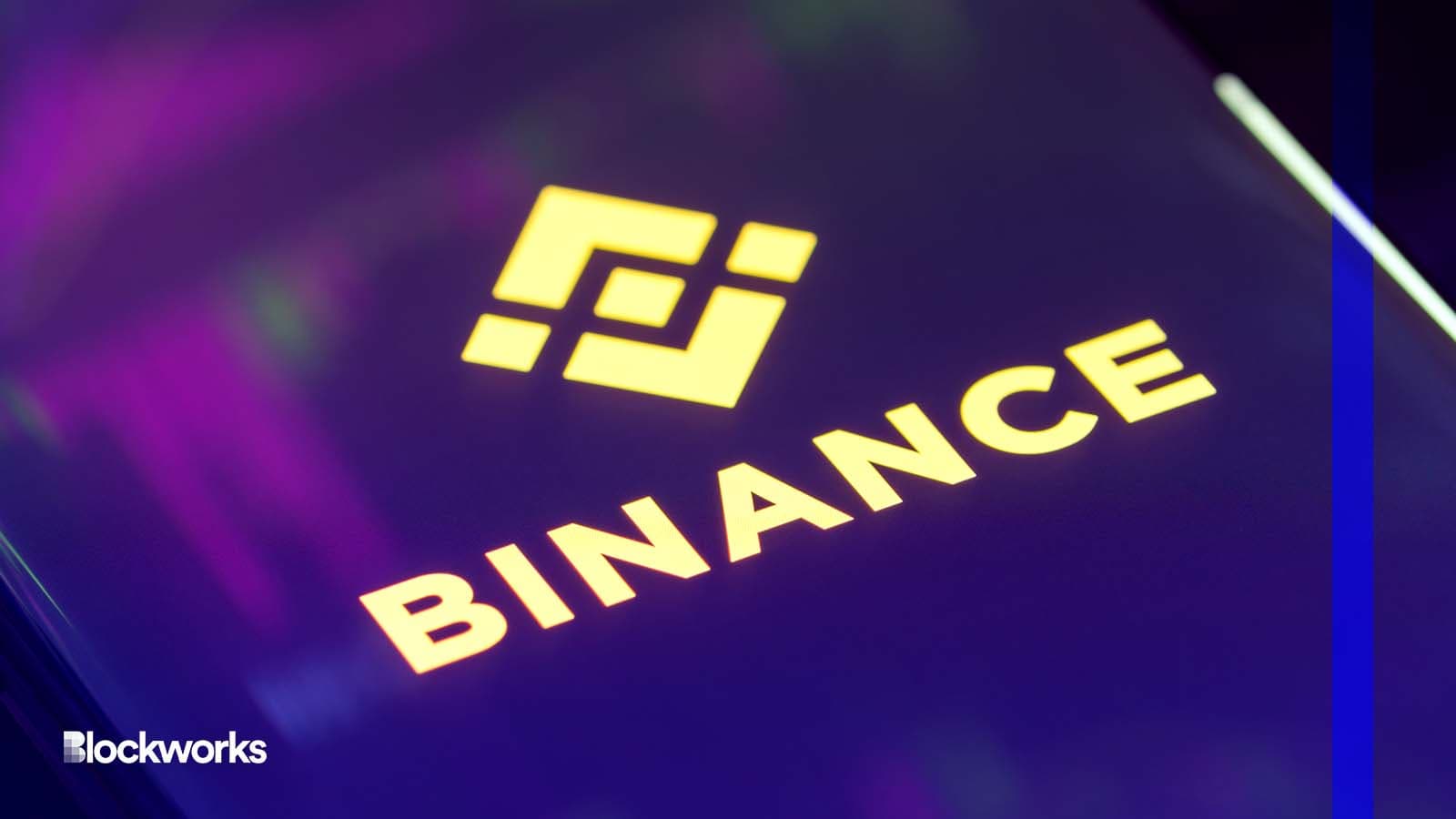Bitcoin and Ether Are Commodities, Says CFTC in Binance Lawsuit
The CFTC has sued Binance and two executives — and made a notable claim

Grey82/Shutterstock modified by Blockworks
Crypto exchange Binance and its CEO have been sued by the CFTC.
The regulatory agency filed the lawsuit Monday in US district court for the Northern District of Illinois. The CFTC alleges that the executive and his company broke trading and derivatives laws.
Binance CEO Changpeng Zhao and Samuel Lim, Binance’s former chief compliance officer, are named in the complaint as defendants.
Binance has executed commodity derivatives transactions to and for people in the US since July 2019, the CFTC alleges. But the company did not require its customers to provide identity-verifying information and failed to put in place compliance procedures, according to the lawsuit.
According to the complaint, “Binance, under Zhao’s direction and control and with Lim’s willful and substantial assistance, has solicited and accepted orders, accepted property to margin, and operated a facility for the trading of futures, options, swaps, and leveraged retail commodity transactions involving digital assets that are commodities including bitcoin (BTC), ether (ETH), and litecoin (LTC) for persons in the United States.”
The complaint alleges numerous attempts to evade US regulation, some of which are documented in significant detail.
BNB coin (BNB), the native token launched by Binance in July 2017, was trading down -4.5% through 11:46 am ET on the news.
CFTC Chair Rostin Behnam said in a statement that the US commodities overseer is looking to continue to regulate what he called the “volatile and risky” digital asset market. The CFTC also is in charge of regulating derivative products, including financial instruments tied to commodities.
“For years, Binance knew they were violating CFTC rules, working actively to both keep the money flowing and avoid compliance,” Behnam said. “This should be a warning to anyone in the digital asset world that the CFTC will not tolerate willful avoidance of U.S. law.” .
The crypto exchange has previously been investigated by the US Justice Department to discover whether Binance violated the Bank Secrecy Act, Reuters reported last year. A spokesperson said at the time the company “[works] with agencies regularly to address any outstanding questions,” but did not comment on whether it was being investigated for violating act.
A Binance spokesperson told Blockworks in an email that the filing was “unexpected and disappointing,” adding that the company has been “working collaboratively” with the CFTC for more than two years.
Over that span, the representative said, the company has made “significant investments” to ensure it did not have US users active on its platform — from boosting compliance staff to implementing market surveillance and investigative tools.
“Nevertheless, we intend to continue to collaborate with regulators in the US and around the world,” the spokesperson said. “The best path forward is to protect our users and to collaborate with regulators to develop a clear, thoughtful regulatory regime.”
The reported action is the latest in a string of measures taken by US regulators against large crypto players in recent weeks.
The SEC served Coinbase with a Wells notice last week for alleged securities violations. The company’s CEO, Brian Armstrong, said the next day Coinbase would be happy to take the commission to court if necessary to defend itself and other industry firms.
Zhao reacted to the news on Twitter with the number “4”, which he has previously indicated means that he considers the news to be either fake, or ‘“FUD” (fear, uncertainty, and doubt).
Updated March 27 2023 at 2pm ET: Additional context throughout, addition of comment from Binance.
Get the news in your inbox. Explore Blockworks newsletters:
- The Breakdown: Decoding crypto and the markets. Daily.
- 0xResearch: Alpha in your inbox. Think like an analyst.






